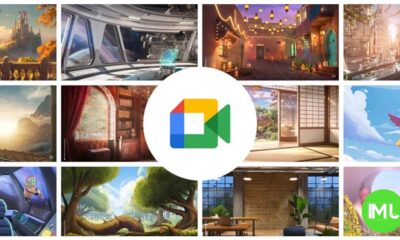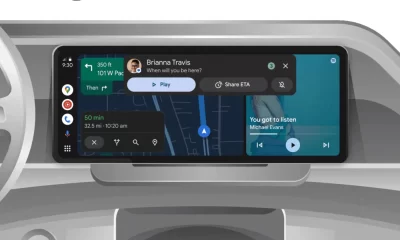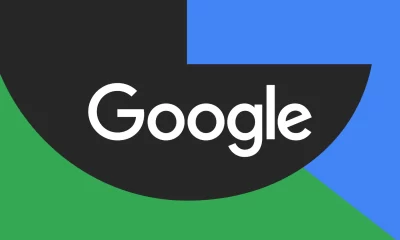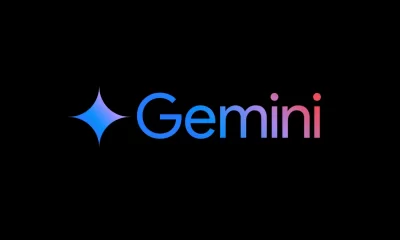Google enhances Chrome autofill for Password Managers and prepares for Gemini 2.0 launch with improved dark theme
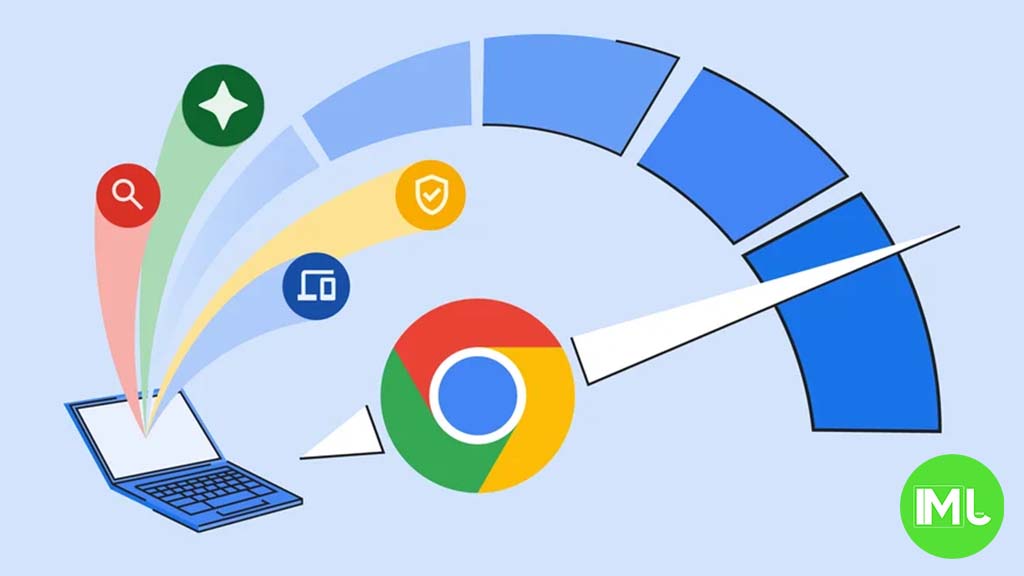
To improve both security and user experience, Google is rolling out two major updates to its ecosystem: Chrome’s expanded support for third-party password managers on Android, and the upcoming release of Gemini 2.0, an advanced AI model with a refined dark theme.
Streamlining Password Management in Chrome on Android
The Cybersecurity and Infrastructure Security Agency (CISA) stresses the importance of strong passwords—ones that are long, random, and unique for each site. This standard is crucial in today’s digital landscape but challenging to maintain with dozens of accounts. Chrome’s new update addresses this by allowing users to seamlessly integrate third-party password managers on Android, making it easier to manage passwords across sites without relying on Chrome’s built-in password manager.
Until now, users faced compatibility issues when using third-party password managers in Chrome. Though these managers could fill in forms, they often required additional setup and sometimes caused issues with scrolling and duplicate suggestions due to Chrome’s compatibility mode. With Chrome 131, set to launch in mid-November 2024, users will be able to use any password manager they choose without the need for compatibility mode. By early 2025, Chrome will phase out compatibility mode entirely, simplifying the process for those who prefer third-party managers.
After upgrading to Chrome 131, users can activate third-party password autofill by adjusting their Chrome settings, which includes selecting “Autofill using another service.” This step ensures a smooth transition to any preferred password manager, without interruptions in functionality. Additional setup instructions will be available in Chrome’s help resources and Google’s developer blog.
This update is part of Chrome’s broader improvements, which have included an official dark mode, added biometric security options, and accessibility enhancements. Facing rising competition from Firefox, Opera, Brave, and others, Google’s updates aim to keep Chrome as one of the most user-friendly browsers.
The Anticipated Release of Google’s Gemini 2.0
Looking toward the end of 2024, Google is gearing up to release Gemini 2.0, an advanced AI model with enhanced features for both developers and end-users. Following the initial release of Gemini 1.0 in December 2023, Gemini 2.0 promises performance improvements, although some initial reports suggest it may not fully meet the ambitious benchmarks set by the Google DeepMind team. Despite this, Gemini 2.0 is expected to offer more robust capabilities than its predecessors, which included Gemini 1.5’s expanded context window for users on the gemini.google.com platform.
Gemini 2.0’s anticipated release comes amid increased competition in AI, with other companies, such as OpenAI, rumored to be planning new models. Google’s yearly cycle of major AI model updates has kept pace with industry developments, typically aligning with announcements made during the annual Google I/O conference in May.
Gemini’s Dark Theme Refresh
Recent updates to the Gemini app have focused on improving the user experience, particularly for those who prefer a dark theme. The new design changes include a more subtle ‘plus’ icon that allows users to upload files or images, as well as redesigned microphone and camera buttons with a neutral gray background. These changes, seen in Google app beta version 14.42, create a cleaner, more cohesive look for the Gemini app in dark mode, making it more visually accessible.
Google’s ongoing adjustments to the Gemini app aim to enhance its usability and streamline the interface, making it a go-to resource for users engaging with Google’s AI services on mobile. These updates demonstrate Google’s commitment to refining the user experience in response to user feedback and evolving design trends.
What’s Next for Google
As Google moves forward with these updates, the focus on improving usability and security across Chrome and Gemini underscores its dedication to delivering a streamlined experience for users. Chrome’s enhanced password manager support will make it easier to maintain secure passwords across platforms, while the anticipated Gemini 2.0 launch and app redesign signal Google’s investment in creating user-friendly, accessible AI tools.
Google Meet gets a fresh new look with Material 3 design
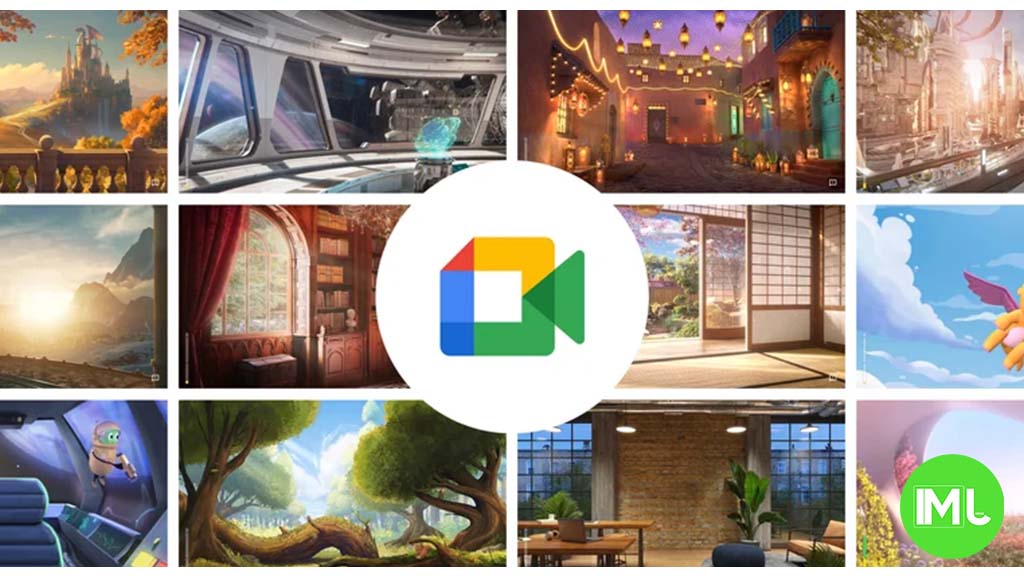
Google Meet is getting a big update to its look, thanks to the new Material 3 design. This change brings a cleaner and more modern style to the video calling app, making it easier and more enjoyable to use.
With Material 3, Google Meet now has rounder buttons, softer colors, and better spacing between elements. The main controls, like the microphone, camera, and end call buttons, are now larger and easier to tap. The icons and text are also clearer, which helps users find what they need quickly during a call.
Another improvement is the new “expressive” color system. This feature lets the app’s colors match your device’s wallpaper or theme, giving each user a unique and personalized experience. The changes also make Google Meet more accessible, as the new design is easier to read and use for everyone, including people with vision difficulties.
These updates are rolling out to both web and mobile versions of Google Meet. Google says the new look will help people feel more comfortable and focused during their meetings. Overall, the Material 3 update makes Google Meet not only look better but also work better for all its users.
Android
Easy ways to change Android Auto’s look with light and dark themes
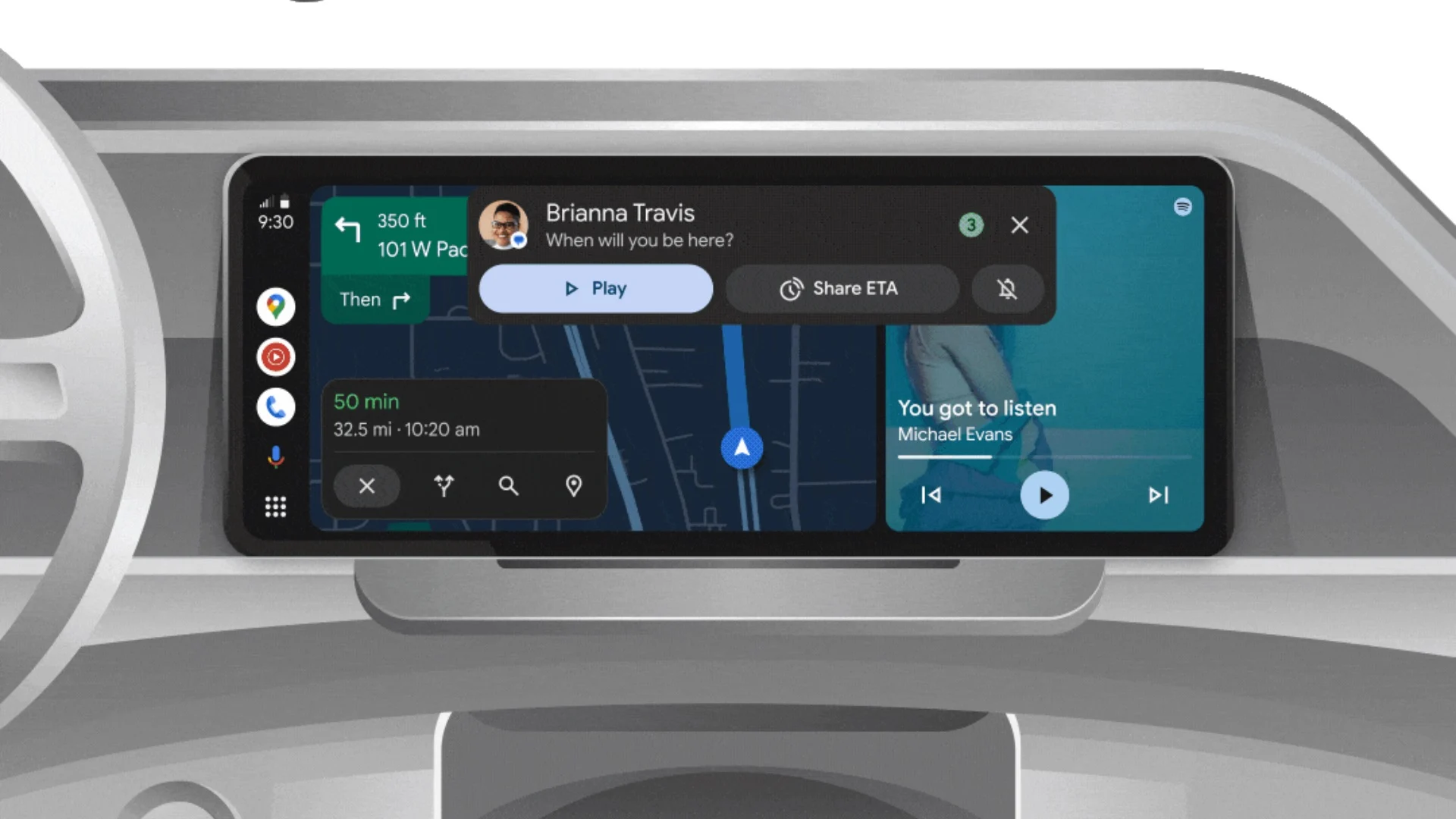
Android Auto is a helpful tool that lets you use your phone’s apps safely while driving. It connects your phone to your car’s screen, making it easier to use maps, music, and calls. One of the features many people like is the ability to change how Android Auto looks by switching between light and dark themes.
How to switch between light and dark themes
Android Auto offers two main themes: light and dark. The light theme uses brighter colors, which can make the screen easier to see during the day. The dark theme uses darker colors, which can be more comfortable for your eyes at night or in low light.
To change the theme, follow these steps:
- Open the Android Auto app on your phone.
- Go to the settings menu.
- Find the “Theme” option.
- Choose between “Light,” “Dark,” or “Set by car” (this lets your car decide the theme based on the time of day or your car’s settings).
Why themes matter
Using the right theme can make driving safer and more comfortable. The light theme is good for bright days, while the dark theme helps reduce glare at night. Having these options means you can pick what works best for you, making Android Auto easier to use in any condition.
In short, Android Auto’s theme options are simple to use and help you drive more safely by making the screen easy to see, no matter the time of day.
Google Drive and Files by Google get fresh updates for easier use

Google is rolling out some helpful updates to two of its popular apps: Google Drive and Files by Google. These changes are designed to make managing your files and watching videos much smoother.
First, Google Drive is getting a new video player. Now, when you upload a video to Drive and open it, you’ll notice a fresh look that matches Google’s latest design style. The controls, like play and pause, are easier to use and look cleaner. This update makes it simpler to watch videos directly in Drive without needing to download them first.
Meanwhile, the Files by Google app is also getting a makeover. The app is adopting Google’s Material 3 design, which means it looks brighter and more modern. The buttons and menus are easier to see and use, making it simpler to find, move, and organize your files. There are also new color options and improved icons, so everything feels more user-friendly.
Both updates show Google’s commitment to making its apps more helpful and enjoyable to use. Whether you’re watching videos in Drive or sorting files on your phone, these changes aim to save you time and make things less complicated. If you use these apps, keep an eye out for these new features—they should arrive soon!
-

 Apps1 year ago
Apps1 year agoGboard Proofread feature will support selected text
-

 News1 year ago
News1 year agoSamsung USA crafting One UI 6.1.1
-

 Apps1 year ago
Apps1 year agoGoogle Contacts app testing new Besties Widget
-
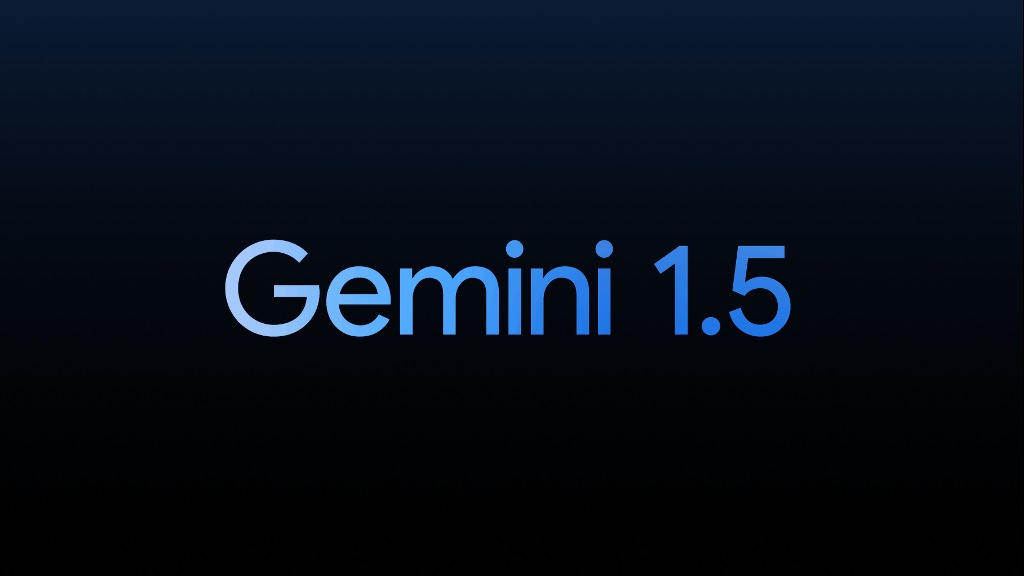
 AI12 months ago
AI12 months agoGoogle Pixel 9 Pro may come with a complimentary one-year Gemini Advanced subscription
-
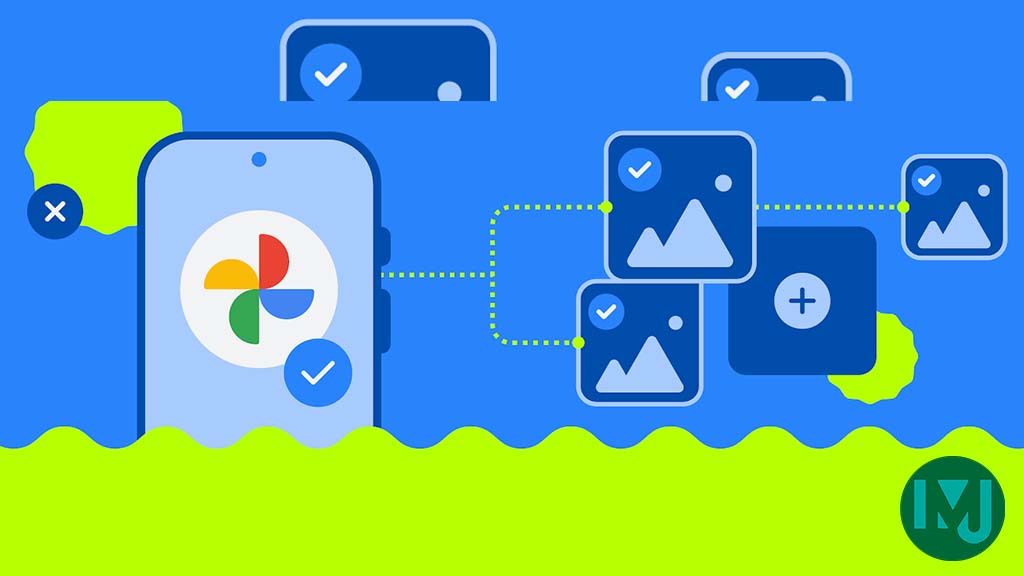
 Apps12 months ago
Apps12 months agoGoogle working on a new video editing feature for its Photo app
-
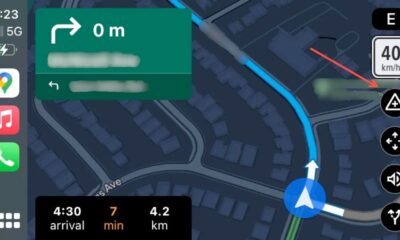
 Apps12 months ago
Apps12 months agoGoogle Maps lets you report traffic jams and accidents on Apple CarPlay, but not on Android Auto
-

 Apps1 year ago
Apps1 year agoGoogle Messages app will transform MMS chats into RCS
-

 News1 year ago
News1 year agoBreaking: Samsung Galaxy S22 may get Galaxy AI features

